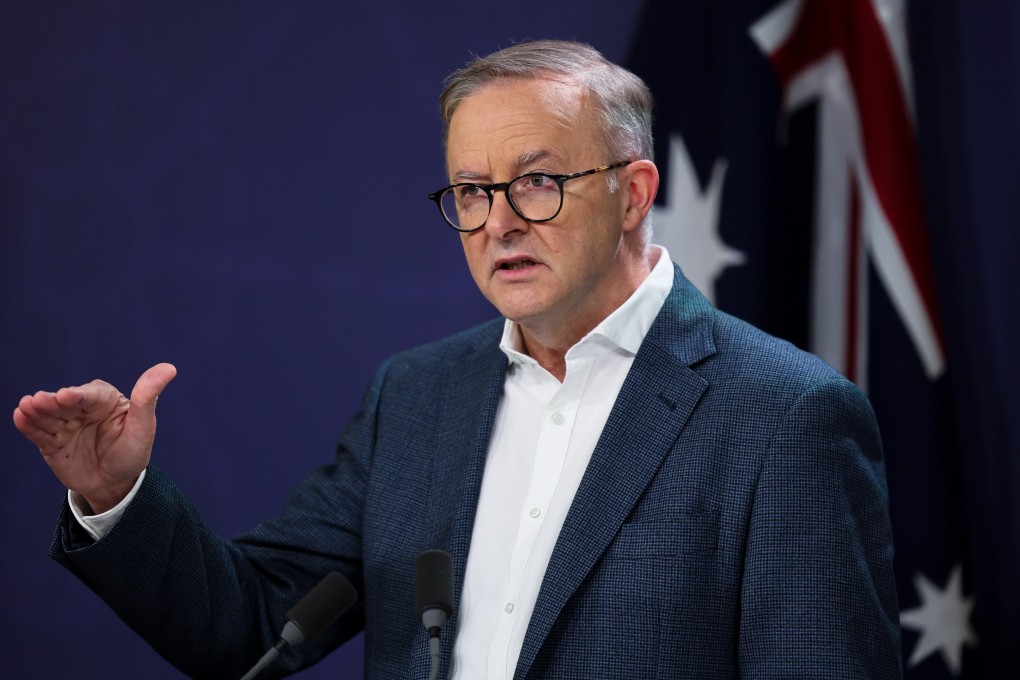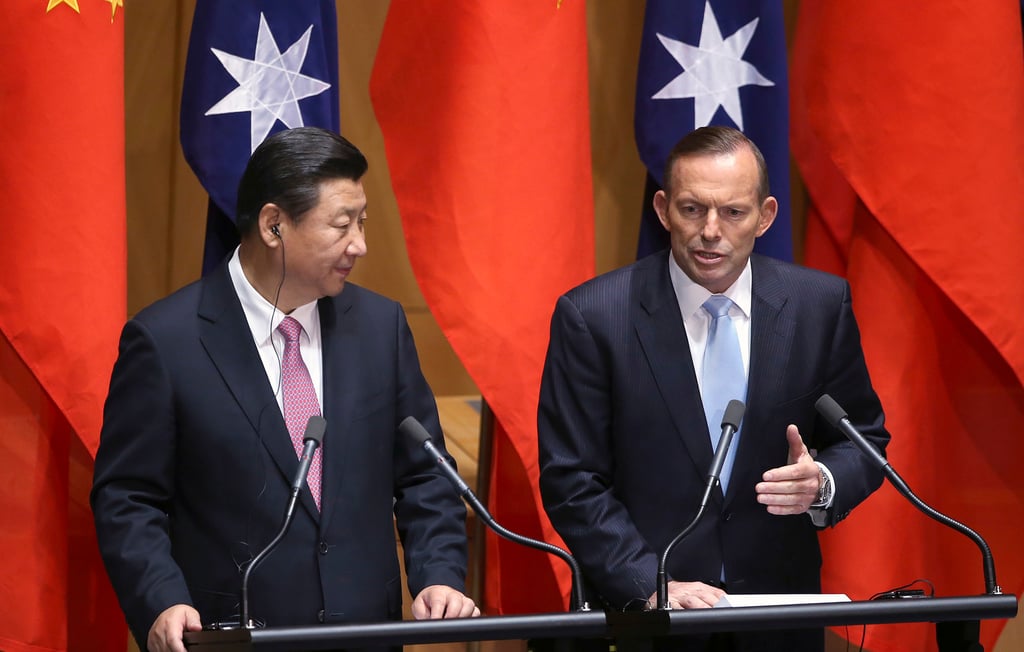Advertisement
Opinion | Australia needs better terms with China, yet refuses to meet Beijing halfway
- Australia’s government has rejected China’s proposals for improving ties, claiming to be looking out for its own national interests
- In reality, Canberra still views Beijing through the lens of the US-China great power game, which can only hurt its economy while boosting America’s
Reading Time:3 minutes
Why you can trust SCMP
42

The olive branch extended by China has been met with furore in Australia, which had hoped China would lift sanctions imposed on critical industries like barley, coal and fisheries without preconditions. Rebuking China’s list of “demands”, Prime Minister Anthony Albanese has demonstrated his convictions on not meeting China halfway by stating Australia “does not respond to demands”.
Advertisement
After all, what are the demands? In a nutshell, China wants Australia to treat it as a partner rather than an adversary, seek commonalities on issues while respecting differences, respect China’s relations with third-party countries and not sabotage those relations, and refrain from disinformation campaigns in its domestic media against the Chinese Communist Party.
These demands are highly reasonable to an independent observer, given Australia’s forward position against China in the last few years.
It is hard to imagine in the current climate that Xi Jinping addressed Australia’s Parliament in 2014, and a free-trade agreement between the two countries was signed a year later. Exponential growth followed year on year, where in 2017, China bought US$80 billion worth of Australian exports and invested US$45 billion in the country.

That same year, the Turnbull government introduced a foreign interference bill aimed at curtailing external influence, which was then extensively used to target Chinese enterprises and investment in the country. In 2018 the country banned Huawei and ZTE from competing for tenders in its 5G roll-out, despite never verifying claims about spying and surveillance.
Advertisement

Advertisement
